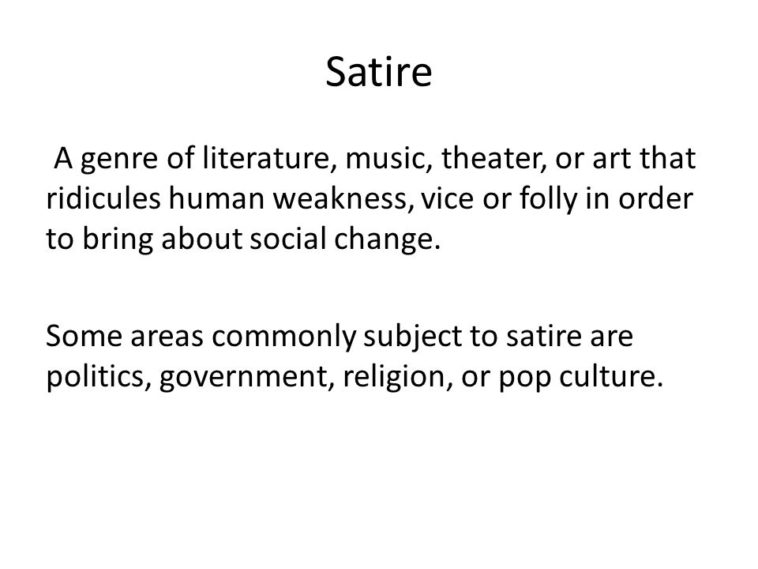A few months ago, I had a chat with a Makerere University literature lecturer about satirical writing.
He had earlier told me that he uses my writings in his classes and had got many recurrent questions from students which he wanted me to address.
“Don’t you fear being arrested?” This is a question I have got used to; it’s more like a conversation starter for many people I meet. But, arrested for what?!
In any case, as the Baganda say; ekirya atabaala kyekirya n’asigadde ewaka (the animal that eats the wanderer as well eats the one that stays home). So, whereas I may censure myself against foolhardiness, there is little virtue in excessively filtering my ink.
I will dwell more on the second question: “How do you deal with being misunderstood? Many Ugandan writers who try satire eventually abandon it because of the nature of our audience.”
Yes, satirical writing is as interesting as it’s frustrating – worse in a context where many people’s urge to respond is stronger than the will to think. In some people’s order of things, responding comes first, and then thinking follows – like those who first eat, and then wash hands!
If there is anything Ugandans have perfected to the highest level of imagination, it is the art of insult. Were it to be a sport, Ugandans would accumulate gold after gold for insult excellence.
I don’t sympathize that much for the likes of Evelyn Anite, Simeo Nsubuga, Ibrahim Abiriga, et al.
But sometimes you read the vitriol of abusive graffiti on their Facebook walls and wonder whether people sit to coin this stuff or it just spontaneously flows. You would rather someone literally threw a sack of rotten eggs at you than Ugandans using you as testing ground for their misplaced linguistic creativity.
Many of us are used to direct writing, especially in newspapers. As such, anything not literary (sometimes even direct sarcasm) is lazily read upside down, with little or no effort to pull down textual curtains.
Then, boom! Misguided anger missiles start flying. On some occasions when my articles were posted on The Observer Facebook page, some comments would make one think it was a slow learners’ day out!
And there are those who will have gotten it right and go interpreting for their colleagues in clueless fury, one after the other. It’s such an amusing task to tell someone that; ‘hey, look, you are licking your nose in public’.
Finally regaining consciousness, the fellow goes like: ‘Are you sure? And why does he have to write like that?’
It is said that when you hit a dog with smoked meat, it will take off. That is how you watch in amusement as someone with whom you share sentiments over an issue deploys all invectives that their incivility can provide only to later realise that he is peeing on the choir.
He then recomposes himself and sends a calm ‘sorry’ with face in palms. But also, instinctively, many of us do not want to appear stupid, even when we act so. So, even when we discover how off the mark we were, we go on the defensive.
Like the man who, at the table, takes a mouthful of porridge then, realizing that it is hot, he spits before everyone. He looks around him, notices the disgust on the faces around the table and says: “Only a fool would swallow this fire”!
Nevertheless, especially as an educator, over time you learn to use the responses to understand the society in which you operate and contextualize much more about it. It is said that if you give a fool enough rope, he will hang himself.
They should have added that he might hang you with it too. The non-prioritisation of thinking notwithstanding, it takes too much trust in humour to deploy satire in a context of extreme public anger and sorrow like the current one in Uganda.
Whereas humour tends to be psychologically therapeutic, it’s not in our ways to invite laughter to funerals.
Currently, there is so much public outrage, especially around political matters. Many people are at a level of pain that would make a patient bite anyone coming suspiciously close to their wound.
This anger is not helped by the pervasive feeling of disempowerment and powerlessness dawned onto them by violent state suppression of their voices and oppositional agency.
Anything that helps relieve this anger is maximally utilized, such as foot-dragging, rumours, dissimulation, desertion, false compliance, pilfering, feigned ignorance, slander, arson, sabotage, etc.
A weak person will use a hated politician’s poster to light her charcoal stove with a feeling of relief and triumph over them. And now with social media that comes with a shield of anonymity and absence of punishment, insults come in handy at anything perceived to be against our interests and can as well be used to boost the insulter’s ego.
Research on insult psychology explains that insults are as well attempts at reducing the social status of the one being insulted while on the other hand raising the relative status of the insulter.
Interestingly, psychologists also indicate that there are forms of perversion that make insulting enjoyable. Such would even boast about and drink to a successful insult adventure – ‘hohoo, I insulted him properly’!
But in the end, both on and off-point reactions become interesting and satire gets even more attractive.
The circumstances we live in would kill us if we didn’t find a way of laughing about them. How else would we live with the current police madness and constant irritation from some of the politicians we vote to serve us? [email protected]The author heads the Centre for African Studies at Uganda Martyrs University, Nkozi. This post originally appeared on observer.ug
This post was created with our nice and easy submission form. Create your post!









